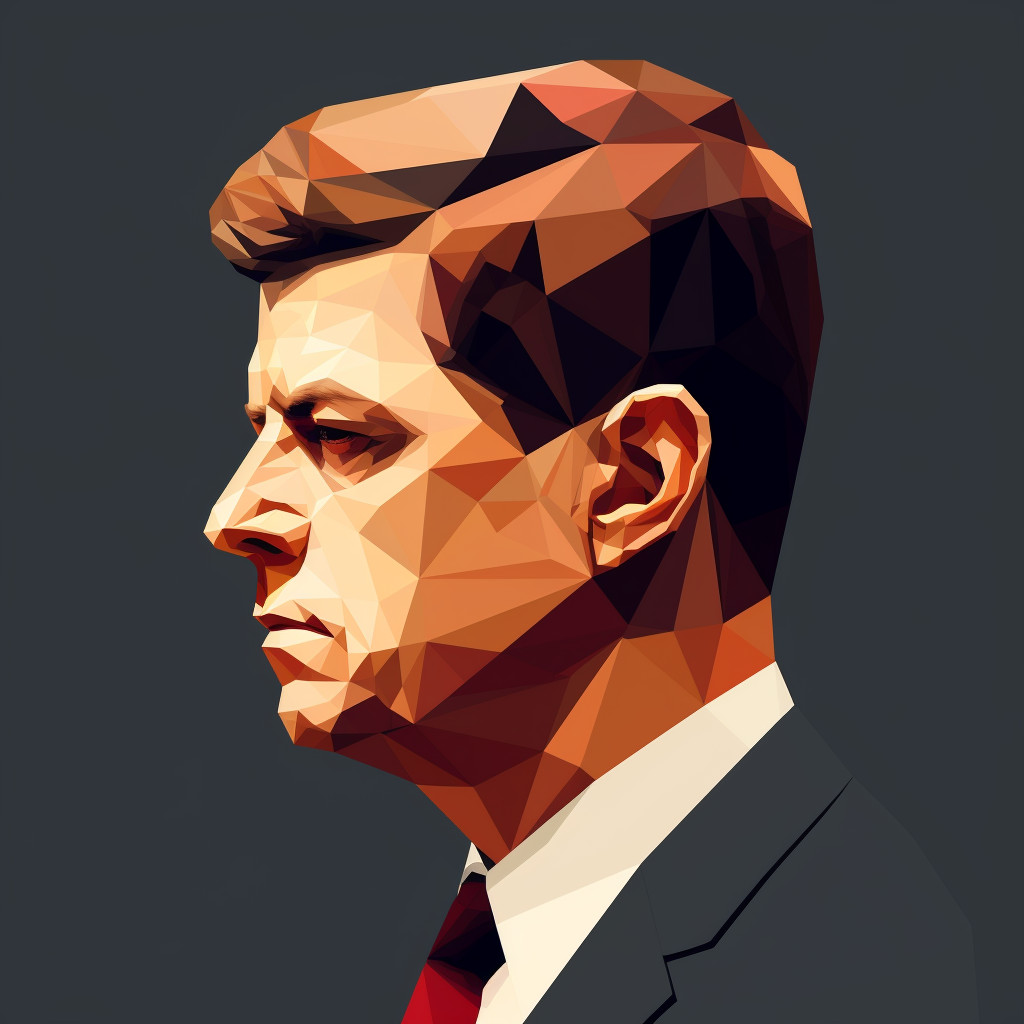The quote suggests that moral courage, the ability to act rightly in the face of popular opposition, shame, scandal, or discouragement, is rarer and more valuable than either physical bravery or intelligence. The reason for this is that physical bravery, such as that shown by soldiers in battle, while admirable, is often driven by adrenaline, training, or necessity. Intelligence, too, is something that can be developed and cultivated.
However, moral courage is different. It requires a person to stand up for what they believe is right, even when it is unpopular, even when it might lead to personal loss or humiliation, and even when it might be easier to simply stay silent or go along with the crowd. This kind of courage is rare because it requires not just physical strength or intellectual ability, but a deep-seated conviction and a strong sense of self.
In today’s world, this quote remains highly relevant. We live in a time where there is often pressure to conform to popular opinion, and where standing up for what one believes in can lead to backlash or criticism. However, as the quote suggests, it is precisely in these moments that moral courage is most needed.
In terms of personal development, this quote can serve as a reminder of the importance of staying true to one’s values and principles. It suggests that while physical bravery and intelligence are important qualities to have, they are not the only ones. Moral courage, the ability to stand up for what is right, even in the face of adversity, is equally, if not more, important. Cultivating this kind of courage can lead to personal growth and can help a person to live a life that is not just successful, but also meaningful and principled.








